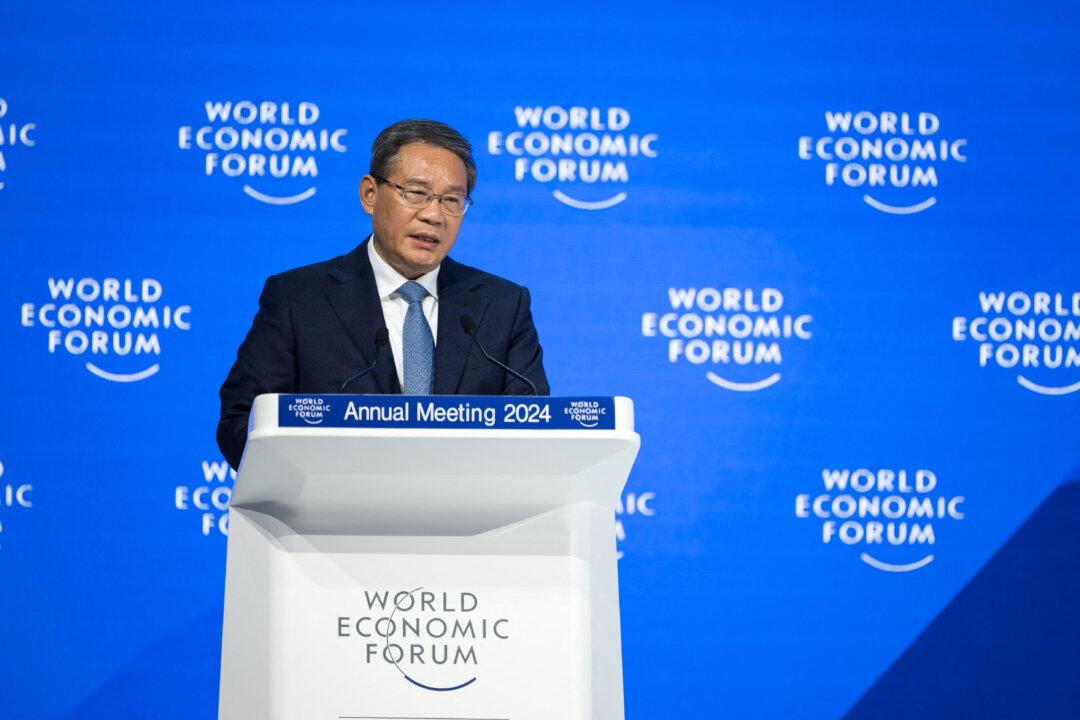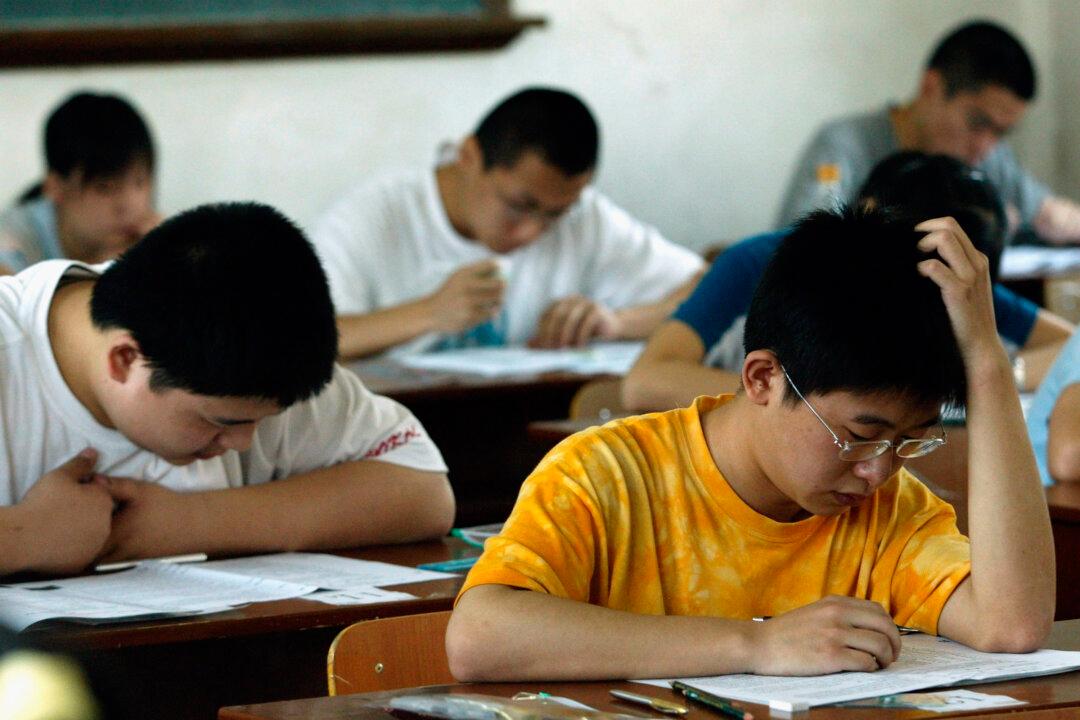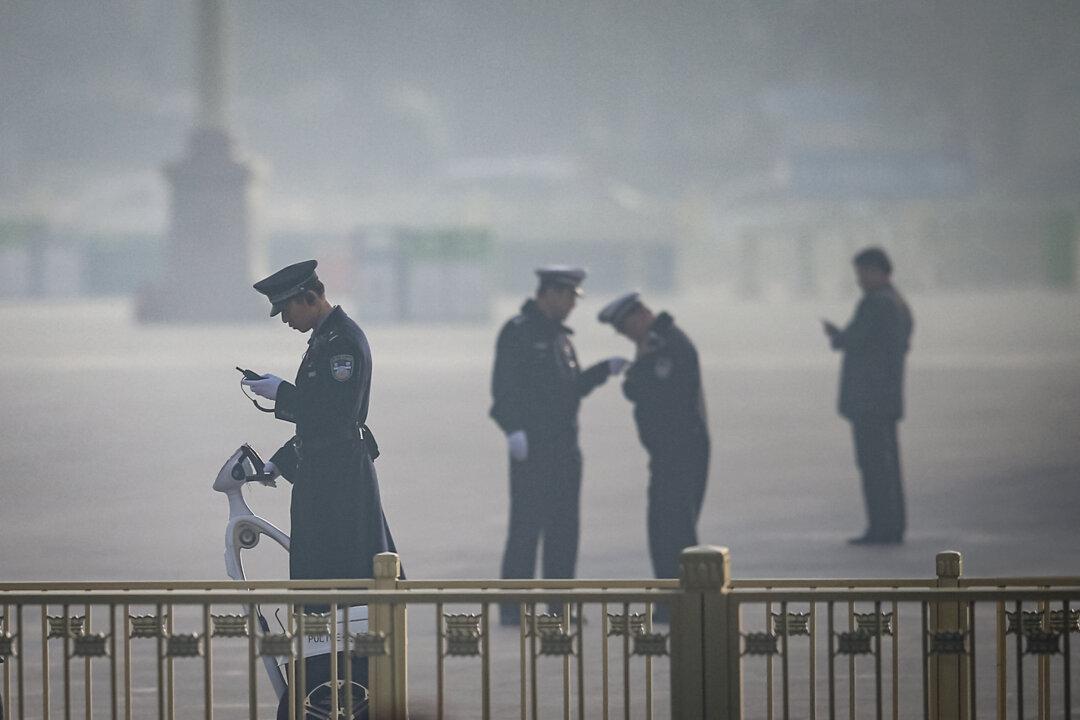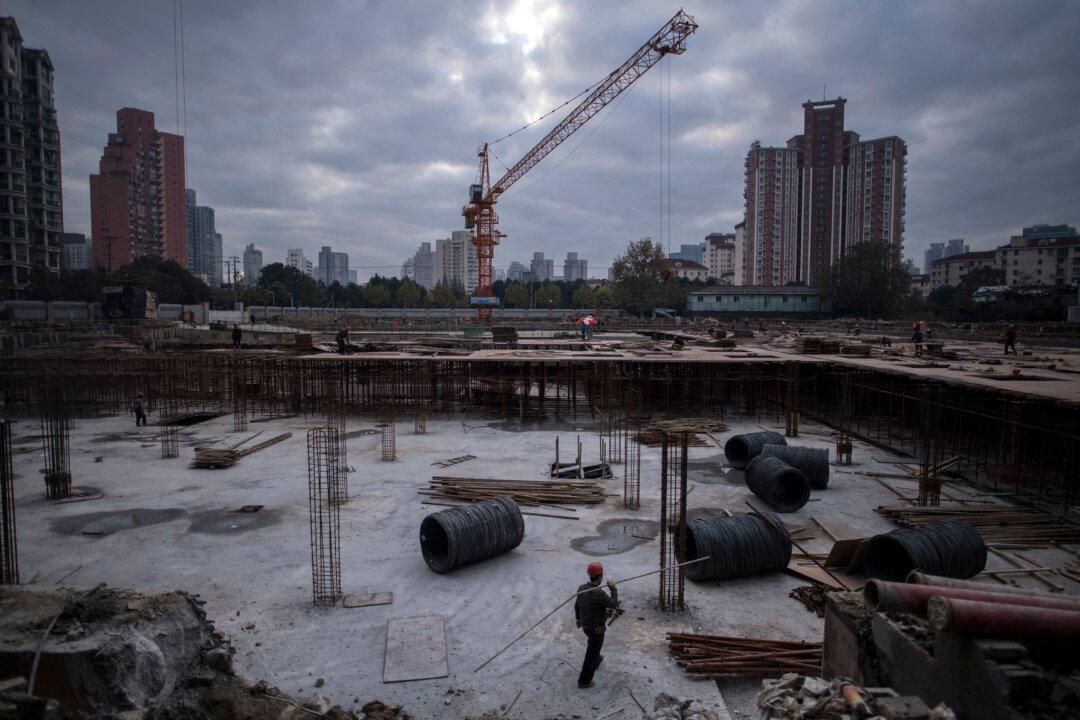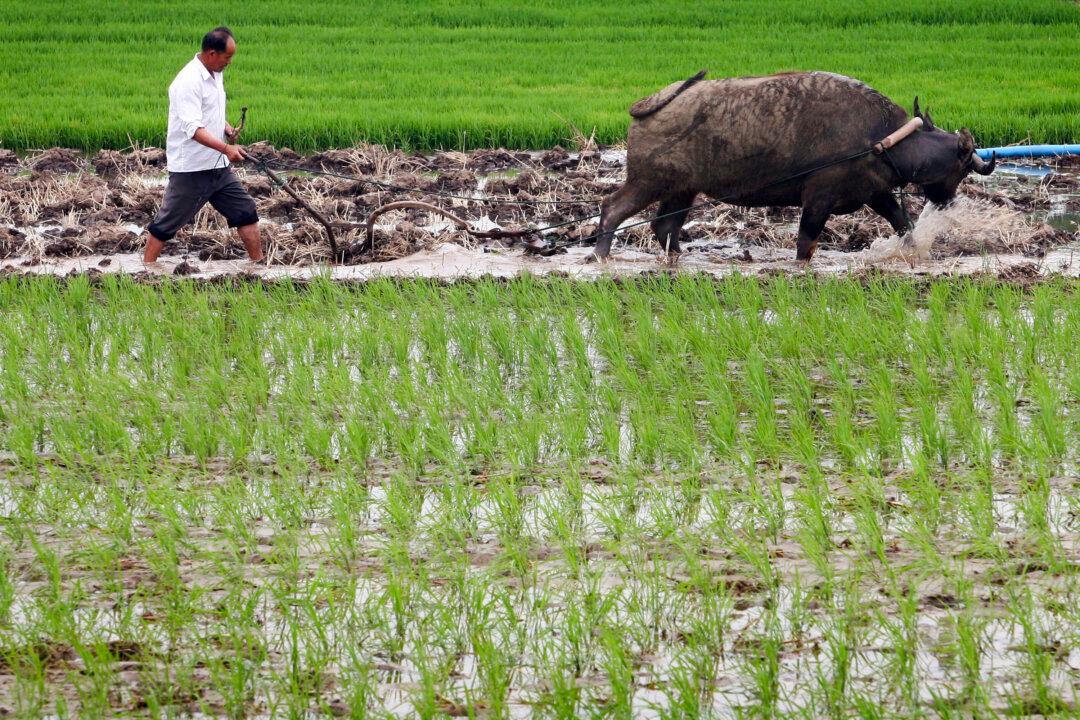News Analysis
In 2023, China saw a substantial surge in its fiscal deficit, along with plummeting exports and a crisis in the real estate sector. Nevertheless, at the recent World Economic Forum, Chinese Premier Li Qiang said that China’s economic growth reached 5.2 percent in 2023, which exceeded the regime’s target of 5 percent.
However, China observers and experts question that figure, given the gloomy outlook of China’s economy in 2024.‘Real Situation’ in China
Cai Shenkun, a renowned commentator on China’s current affairs who now resides in the United States, said the Chinese Communist Party’s (CCP) claim of a 5.2 percent GDP growth raised doubts at home and abroad.
“I believe that scholars and entrepreneurs in China all find this figure unbelievable,” he said during an interview with NTD’s Chinese language program “Pinnacle View“ that aired on Jan. 20
Mr. Cai explained that China’s National Bureau of Statistics follows the CCP’s political propaganda to maintain the Party’s control over the country.
“The CCP has reiterated that the economic growth data is related to the regime’s stability, so any data must follow the CCP Central Committee’s rule.”
Mr. Cai explained that foreign investments, exports, and domestic demand drive China’s economy.
“So why did Li Qiang release such positive figures?” he said. “Li Qiang is trying to encourage more foreign investors to come to China at this time. Li Qiang is actually deceiving himself and others. It is simply impossible for him to make the outside world believe such an economic growth figure.”
According to Mr. Cai, regarding foreign investment, China’s fixed-asset investment fell by more than 10 percent in 2023 compared to the previous year, a decline not seen in the past few decades. In 2021, during the height of the COVID-19 pandemic, Chinese factories were operating overtime, and foreign investment reached a historic peak of more than $300 billion, Mr. Cai said. In the following year, as the global economy slowly recovered from pandemic lockdowns, foreign investment in China plummeted to $180 billion, and by 2023, the figure dropped to $15 billion, he added.
Mr. Cai cited publicly available data showing that China’s exports fell throughout last year, with no growth.
China’s youth unemployment rate among 16- to 24-year-olds, excluding students, was reported at 21.3 percent last June—a historic high that led the regime to halt releasing the statistic. In January, however, the CCP reported the number again and claimed that youth unemployment was 14.9 percent.
“Those of us who know the real situation in China know that the unemployment rate of young people is now, in my opinion, around 50 percent,” Mr. Cai said.
“I believe in 2024, China’s economy will certainly face greater difficulties than the previous year.”
China’s Economy at a ‘Critical Point’
Li Jun, an independent TV producer, told “Pinnacle View”: “There is a unique situation in China. That is, in the top leadership of the CCP, no one in Xi Jinping’s faction understands the economy ... those who understand the economy have left the Party leadership.
“China’s economy has now reached a dangerous and critical point. Under these circumstances, I would say that no one is confident that the economy will still be good in 2024.”
